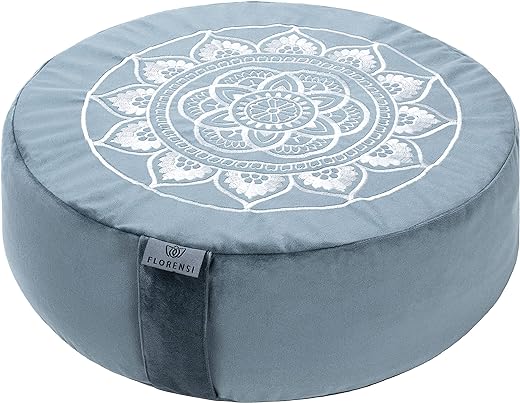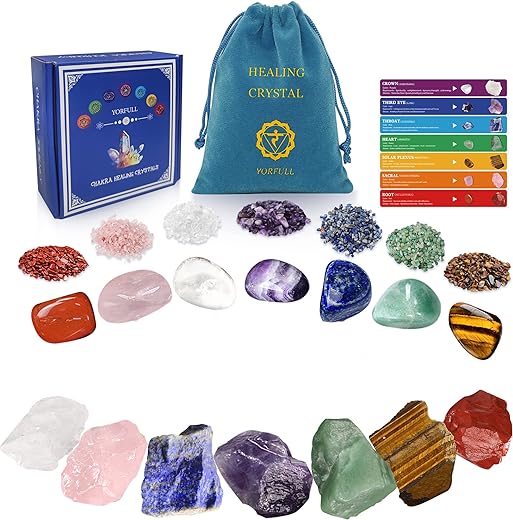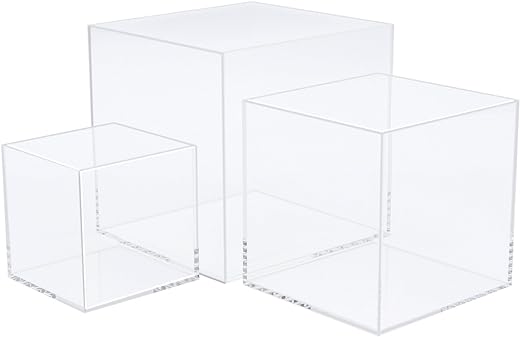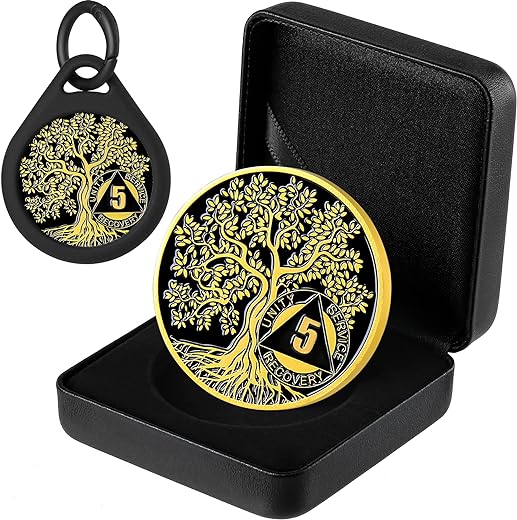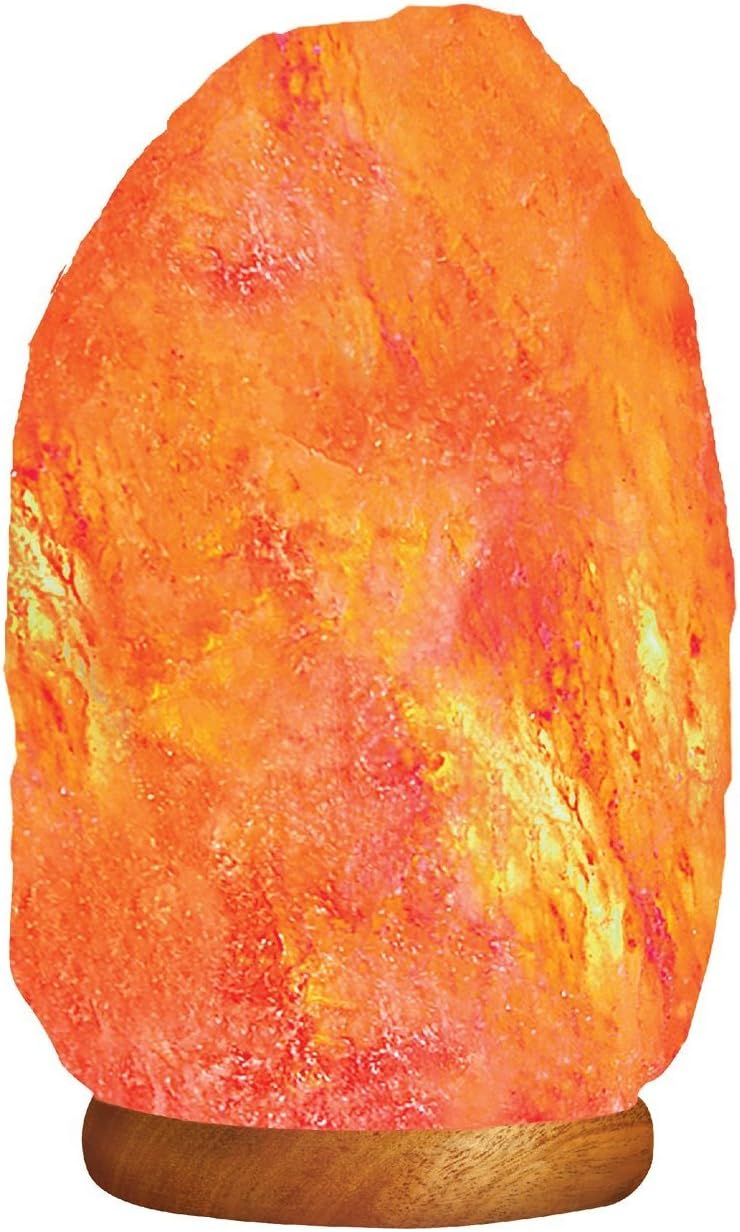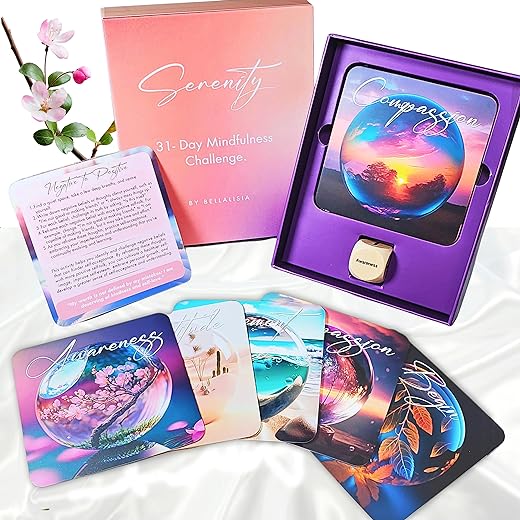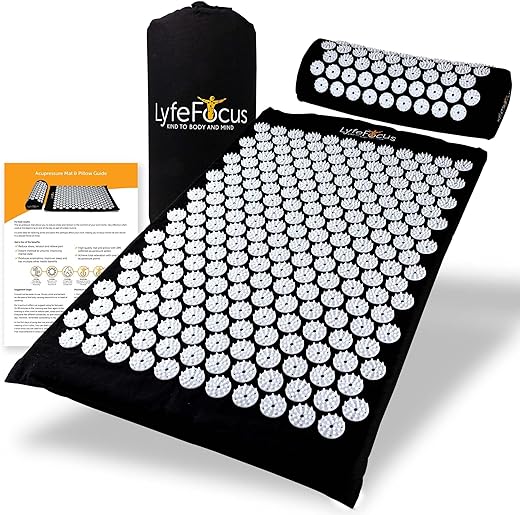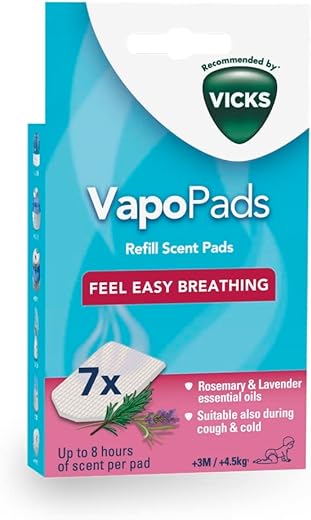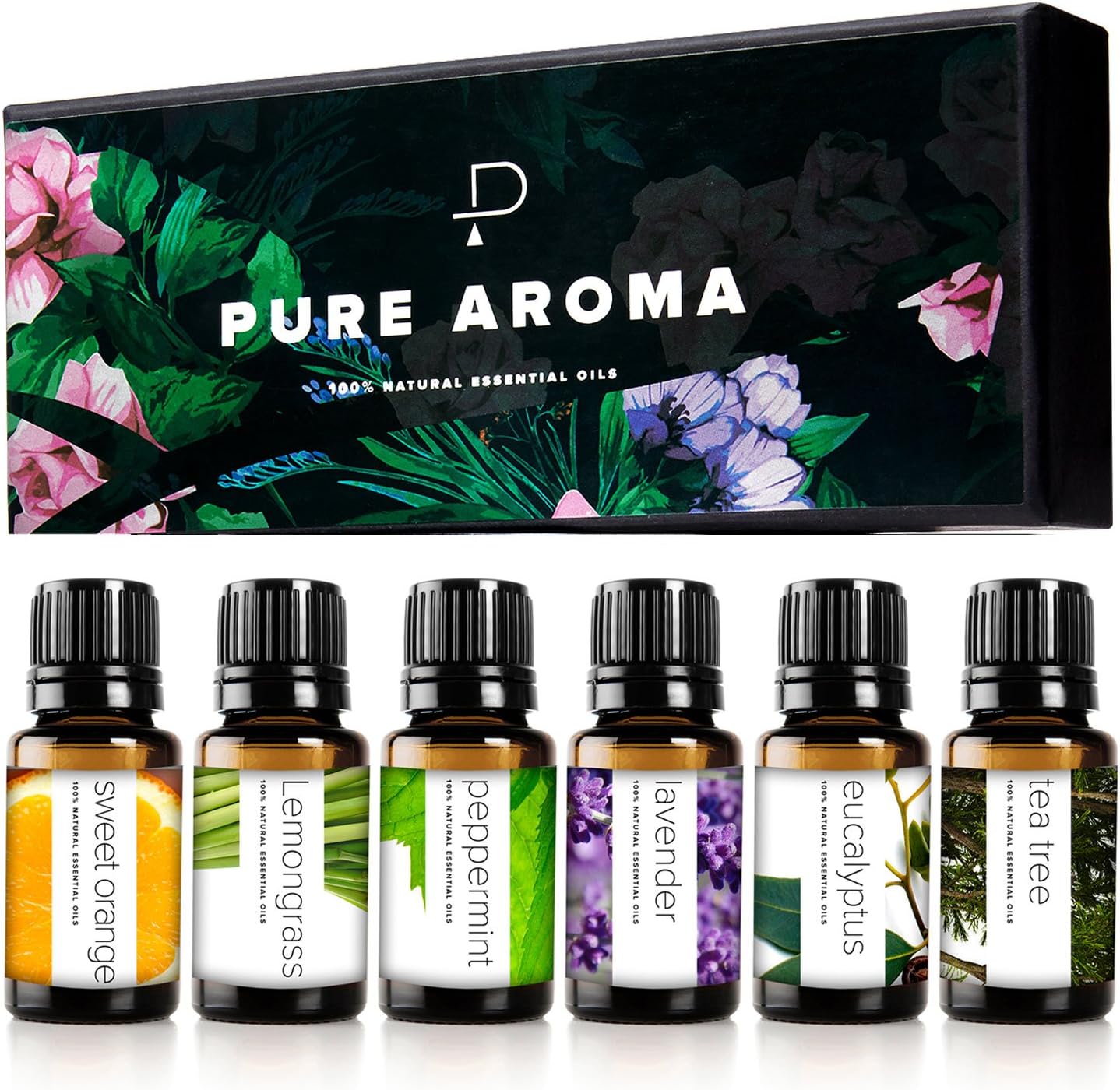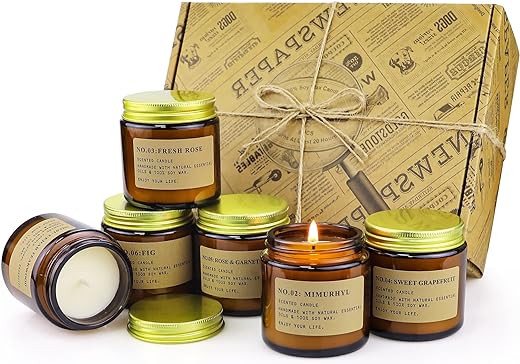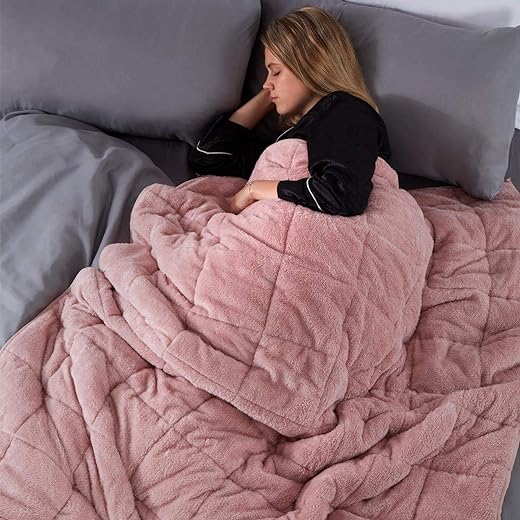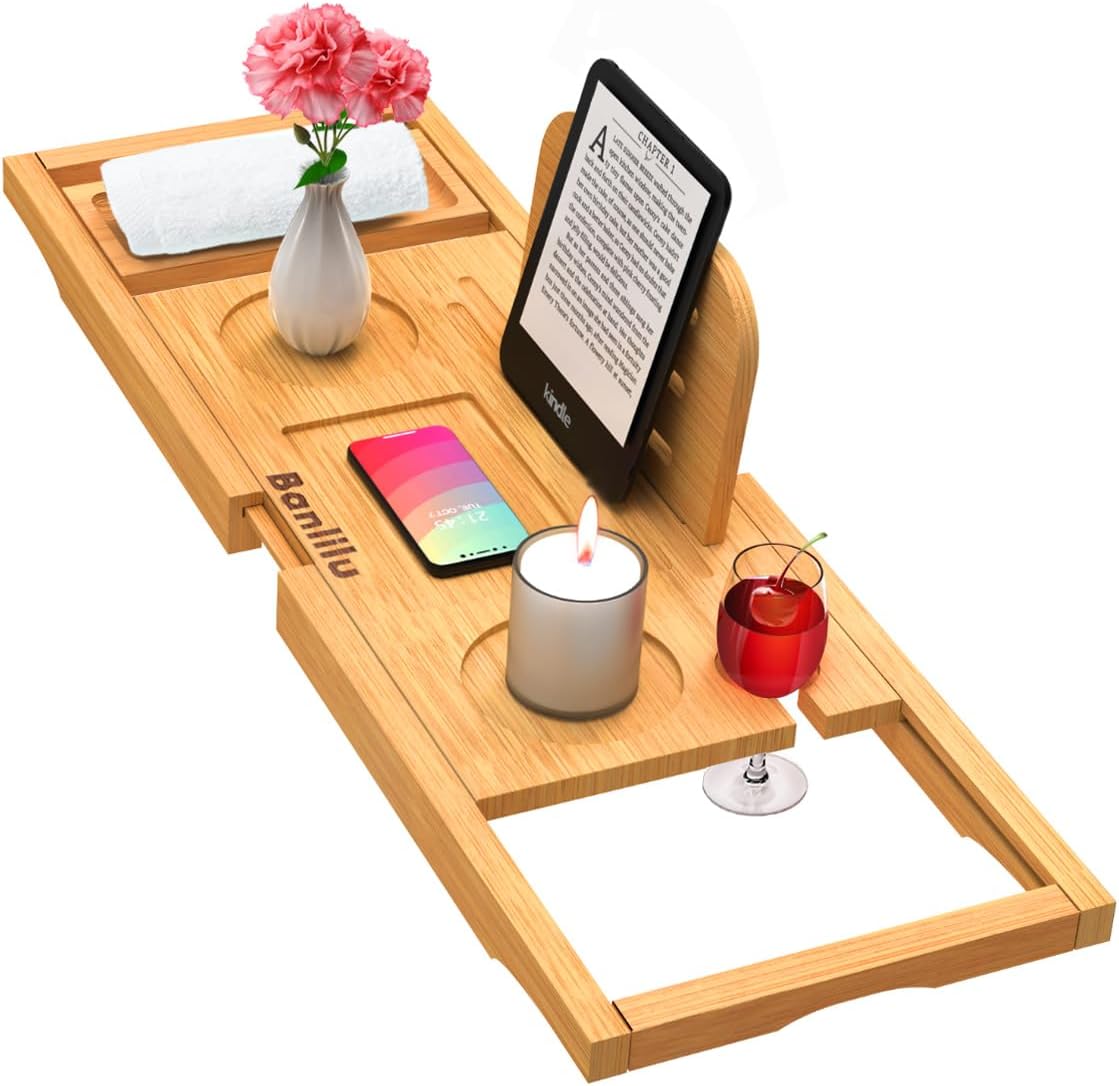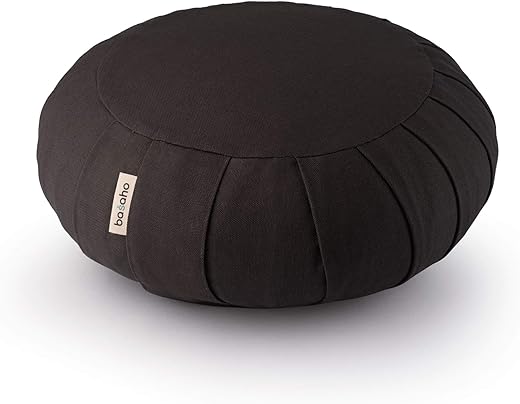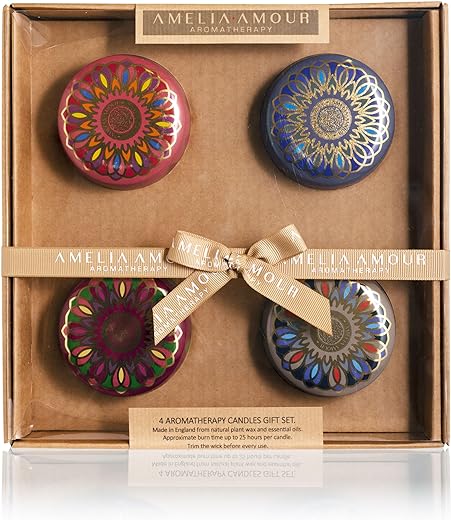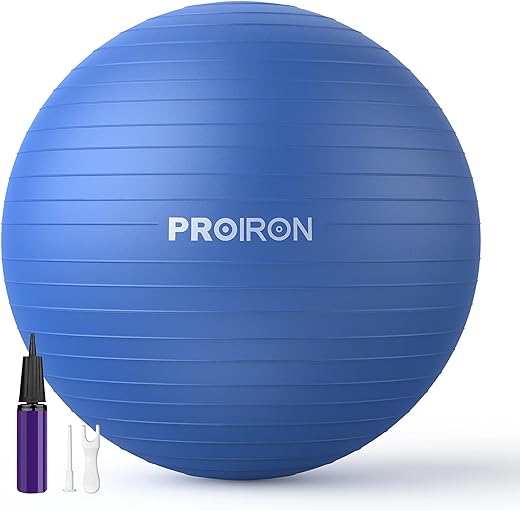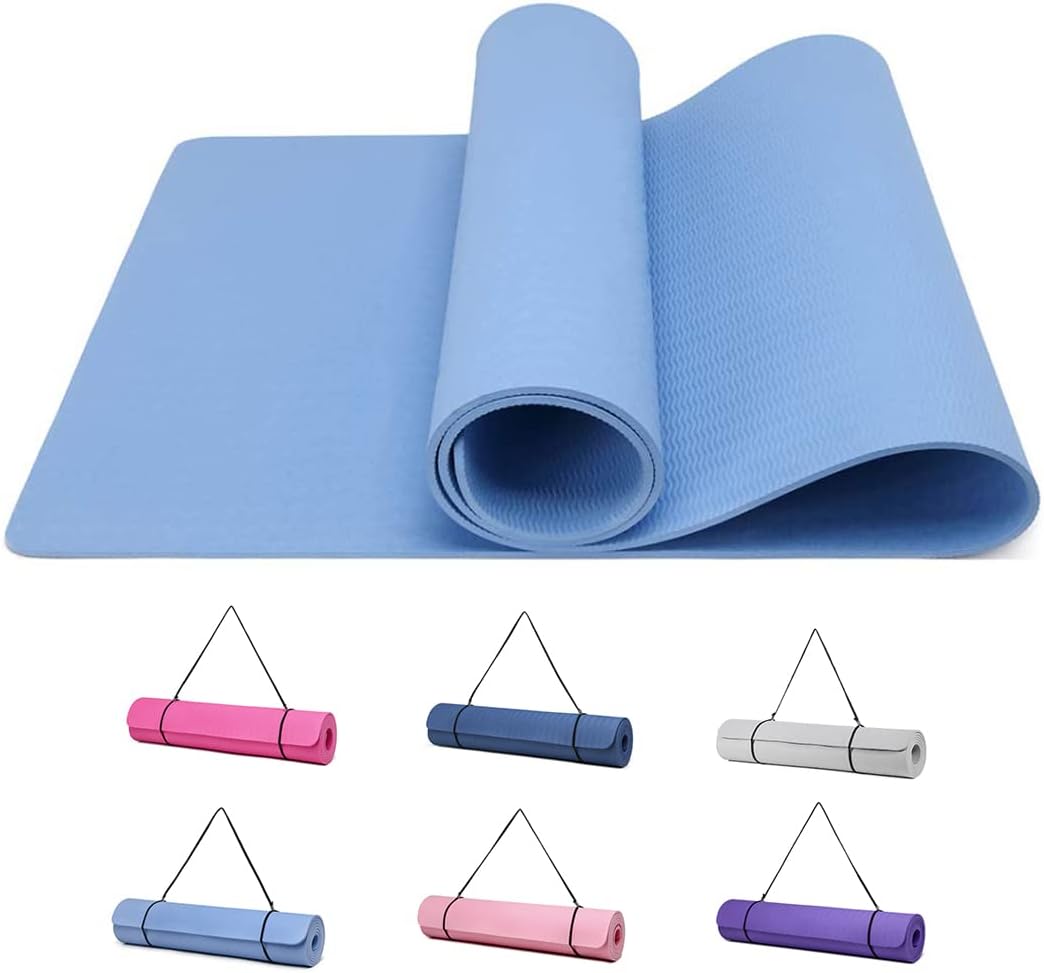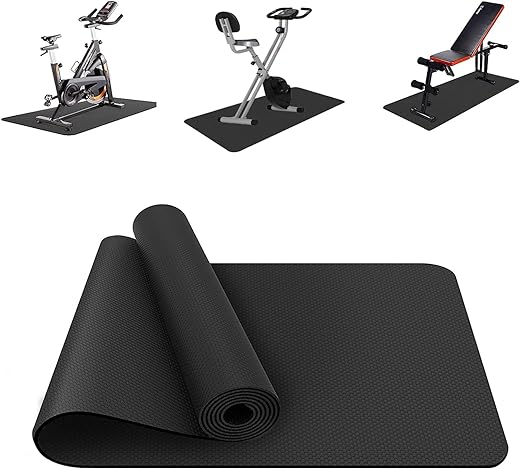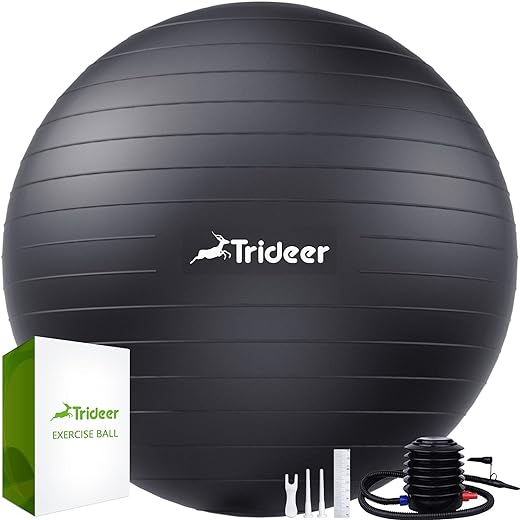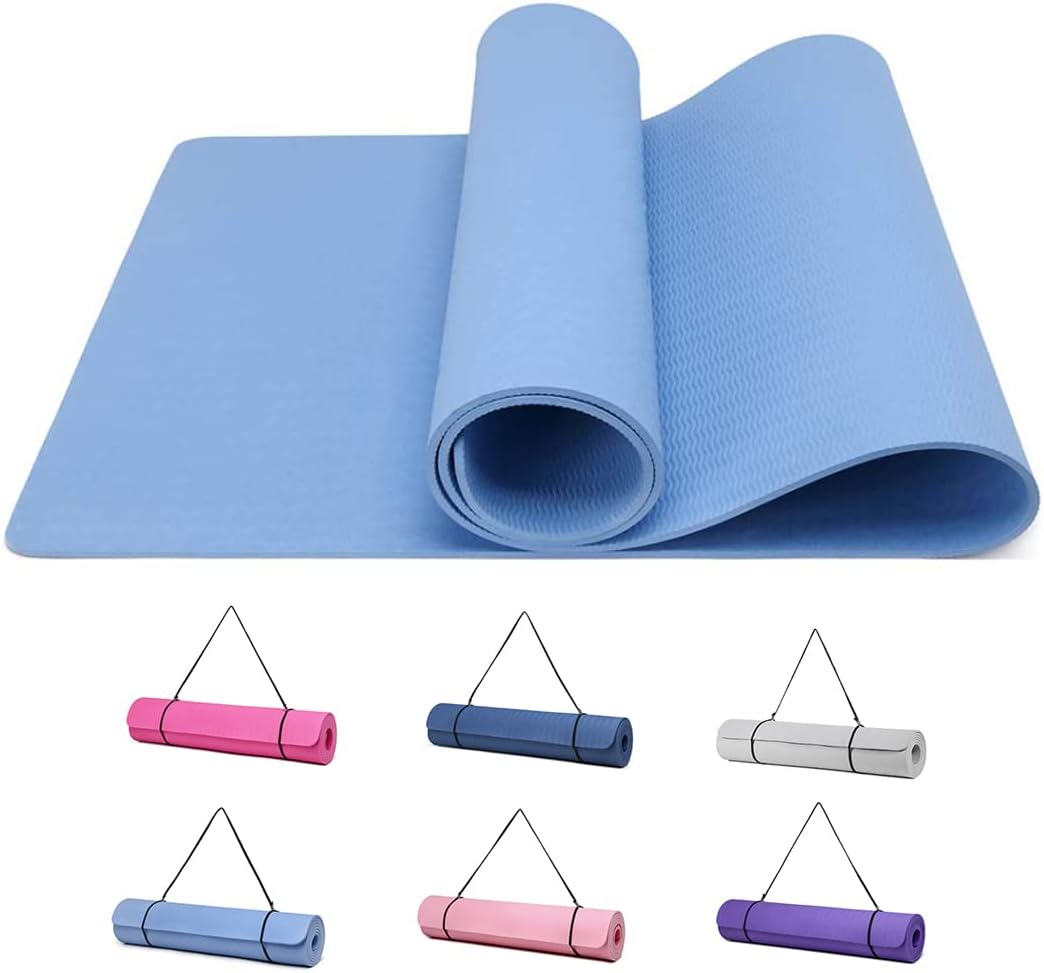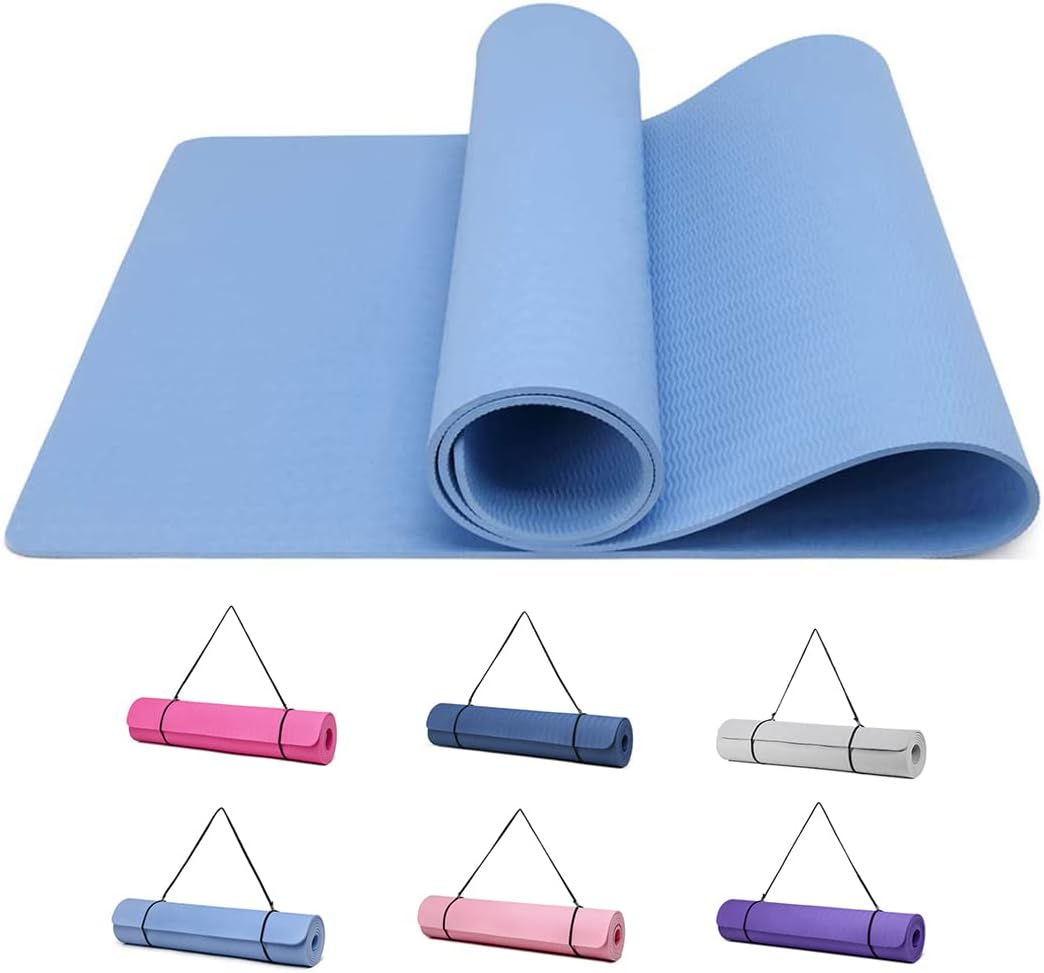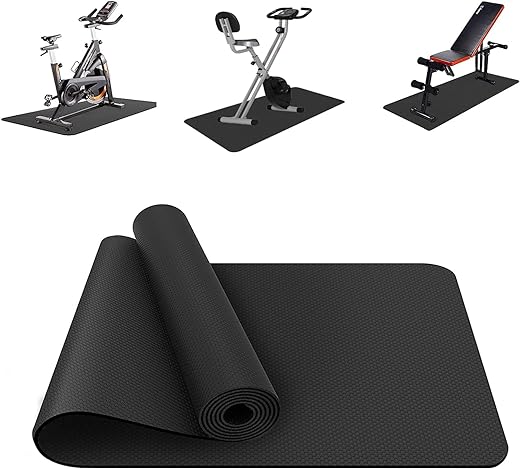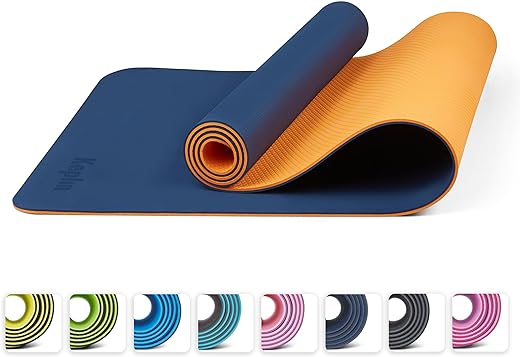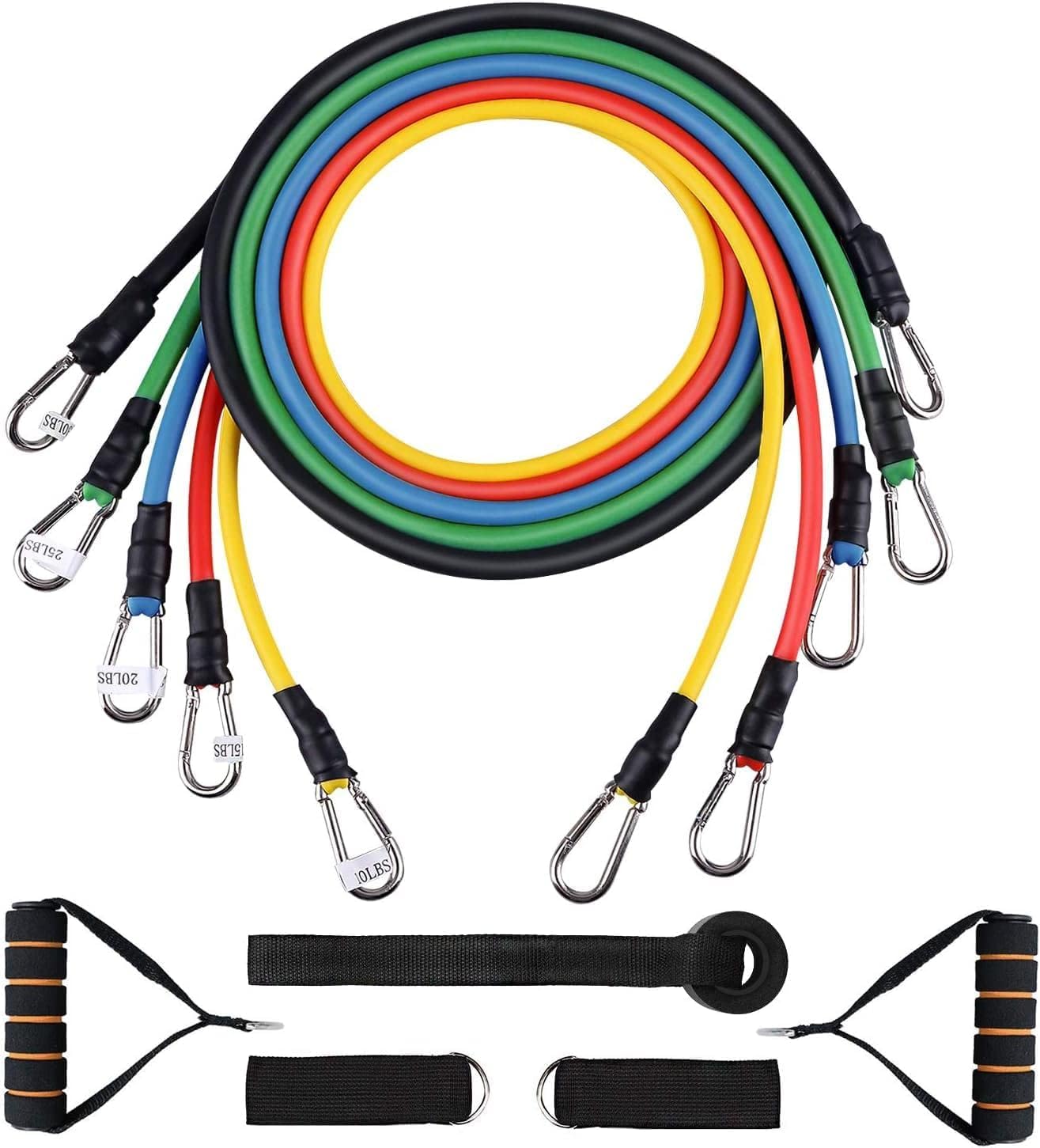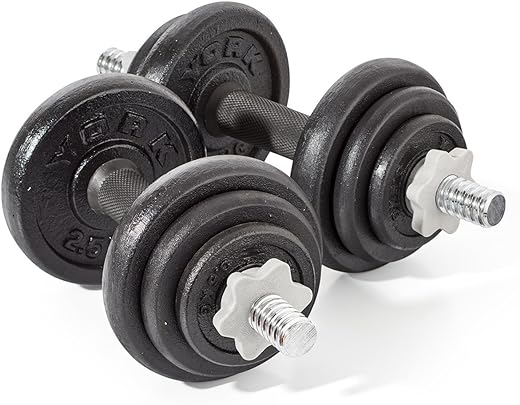This step-by-step guide details how to effectively use aromatherapy oils to achieve relaxation and promote overall well-being. Aromatherapy oils, extracted from flowers, herbs, and plants, are known for their calming properties. The guide aims to provide clear and practical instructions on incorporating these oils into your relaxation routine, helping you to de-stress and unwind.
Understand Different Aromatherapy Oils
Learn about the various types of aromatherapy oils and their specific relaxation properties. Begin by exploring common oils such as:
- Lavender – known for its calming properties, perfect for promoting relaxation and reducing anxiety.
- Eucalyptus – ideal for stress relief and clearing the mind, making it a great choice for improving concentration.
- Peppermint – invigorates the senses and boosts energy levels, a refreshing option that can help with mental alertness.
To fully understand how each oil works, research the benefits and effects of these different aromatherapy oils. Experiment with diffusing them in your living space or adding them to a carrier oil for a soothing massage. Keep in mind that everyone’s response to aromatherapy oils may vary, so try different oils to discover what works best for your relaxation needs.
Choose the Right Oil for Your Needs
Identify | To select an oil that aligns with your desired relaxation outcome, begin by identifying your preferences. Consider scents that you find calming or invigorating. Next, research the specific benefits of each oil option. Determine whether you prefer a soothing lavender for relaxation, or perhaps a refreshing eucalyptus for an energy boost.
Experiment | Experiment with different oils to find what works best for you. Start by testing a small amount of each oil on your skin or by diffusing them in your space. Take note of how each scent makes you feel and whether it helps you achieve your desired outcome. Repeat this process with various oils until you find the one that aligns perfectly with your relaxation needs.
Dilute the Oil if Necessary
- Dilute potent essential oils with a carrier oil before use.
- Check recommended dilution ratios for each essential oil.
- Use a dropper to measure the amount of essential oil needed.
- Pick a suitable carrier oil like coconut or jojoba.
- Combine the carrier oil and essential oil in a small glass bottle.
- Close the bottle and shake well to mix the oils thoroughly.
- Conduct a patch test before full application to check for skin sensitivity.
- Apply the diluted oil blend to the desired areas as needed.
- Store any leftover diluted oil mixture in a cool, dark place away from sunlight.
Select a Method of Application
Decide how you want to use the oil. Options: diffusing, massaging, baths, or topical application. Each method offers unique benefits.
Diffusing: Add a few drops of the oil to a diffuser, following the manufacturer’s instructions. Turn on the diffuser and enjoy the aromatic benefits. Massaging: Dilute the oil with a carrier oil. Apply to skin and massage in circular motions. Baths: Add several drops of oil to bathwater. Stir the water to disperse the oil. Topical Application: Apply a small amount of oil directly to the skin. Always perform a patch test prior to widespread use.
Prepare Your Relaxation Space
Dim the lights to create a relaxing ambiance. Adjust the lighting in your relaxation space to a softer, warmer glow. Play soft music to enhance the calming atmosphere. Choose music with soothing melodies or nature sounds. Ensure your space is comfortable by adding cozy blankets, cushions, or seating. Remove any distractions, such as electronic devices or clutter, to promote a serene environment. Enjoy your tranquil surroundings by engaging in activities that help you unwind and destress.
Apply the Aromatherapy Oil
To properly apply the aromatherapy oil, start by selecting your preferred method of application, whether it’s through inhalation, topical application, or diffusion. Ensure that you follow the recommended dosage guidelines provided with the oil to achieve the desired therapeutic benefits.
Be mindful of any sensitivities or allergies you may have by conducting a patch test before full application. If any irritation occurs, cease use immediately. Always dilute essential oils with a carrier oil before applying to the skin to prevent any adverse reactions. Remember to store the oil in a cool, dark place away from direct sunlight to maintain its potency. By following these steps, you can maximize the benefits of aromatherapy while ensuring your safety and well-being.
Relax and Enjoy the Benefits
- Unwind with Aromatherapy: Find a quiet, comfortable spot where you can relax undisturbed.
- Select Your Aromatherapy Oil: Choose an essential oil known for relaxation such as lavender, chamomile, or eucalyptus.
- Deep Breathing: Inhale deeply through your nose, taking in the aroma. Hold for a few seconds, then exhale slowly through your mouth.
- Mindful Focus: Concentrate on your breath and the scent of the oil. Let go of any distracting thoughts.
- Soothe Your Mind and Body: Allow the aroma to work its magic on your mind and body, promoting relaxation and calmness.
Enhance Your Relaxation Routine!
In conclusion, utilizing aromatherapy oils for relaxation can significantly enhance your well-being by reducing stress and promoting calmness. By following the steps outlined in this guide, you can effectively incorporate aromatherapy into your relaxation routine, ultimately benefiting your mind and body.
Aromatherapy Essentials
Aromatherapy Mastery Tips
Application Techniques for Aromatherapy Oils
- Choose the right essential oil for your needs. Research the different types of essential oils and their benefits to find the one that suits your desired outcome
- Dilute the essential oil with a carrier oil before applying it to your skin. Common carrier oils include almond oil, coconut oil, or olive oil
- Use a diffuser to disperse the essential oil into the air for aromatherapy. Follow the manufacturer’s instructions for proper usage
- Perform a patch test on a small area of your skin before using the essential oil topically to ensure you do not have any adverse reactions
- Consider consulting with a professional aromatherapist for guidance on how to effectively use essential oils for your specific goals
Aromatherapy Oils FAQs
Aromatherapy oils offer various benefits that can positively impact both physical and emotional well-being. Some benefits include stress relief, relaxation, improved mood, better sleep, pain relief, and the potential to enhance cognitive function. The aromatic compounds in essential oils are known to interact with the brain and nervous system, promoting a sense of calm and balance. Additionally, certain essential oils possess antibacterial, antifungal, and anti-inflammatory properties that can support overall health and wellness.
Aromatherapy oils are extracted from plants through various methods, including steam distillation, cold pressing, solvent extraction, and CO2 extraction. The specific method used depends on the type of plant and the desired end product. For example, steam distillation is a common method for extracting essential oils from aromatic plants like lavender and peppermint, while cold pressing is often used for citrus oils. Each extraction method has its own benefits and drawbacks, but they all aim to capture the aromatic compounds present in the plant material.
When choosing an aromatherapy oil, it is important to consider your needs and the desired effect you aim to achieve. Different essential oils have distinct properties and benefits. For example, lavender is commonly used for relaxation and sleep, while peppermint is often chosen for its stimulating and energizing effects.
It is recommended to research the specific properties of various essential oils to match them with your goals. You may also consider consulting with a qualified aromatherapist to help guide you in selecting the most suitable oil for your needs based on their expertise and knowledge. Ultimately, the choice of aromatherapy oil should be based on your desired outcome and personal preferences.
Yes, there are safety considerations when using aromatherapy oils. It is important to use essential oils properly as they are highly concentrated and can cause skin irritation, allergic reactions, or even harmful side effects if not used correctly. Some oils can be toxic if ingested or used in large quantities. It is recommended to always dilute essential oils with a carrier oil and perform a patch test before applying them to your skin. Pregnant women, children, and individuals with certain medical conditions should consult with a healthcare provider before using essential oils.
Aromatherapy oils have a rich history dating back thousands of years. The use of essential oils extracted from plants for therapeutic, spiritual, and medicinal purposes can be traced back to ancient civilizations like the Egyptians, Greeks, and Romans. These ancient cultures believed in the healing properties of plants and used aromatherapy oils in rituals, ceremonies, and for promoting physical and emotional well-being. Over time, the practice of aromatherapy has evolved and gained popularity around the world for its various health benefits and holistic approach to wellness.
Aromatherapy oils can be used in various ways, such as through inhalation, application to the skin, or in a diffuser. Inhalation can involve adding a few drops to a bowl of hot water or using a diffuser to disperse the scent. When applying to the skin, it is important to dilute the oil with a carrier oil before massaging onto the skin to avoid irritation. Each oil has different properties and potential uses, so it’s important to research and follow proper guidelines for safe usage.
Aromatherapy oils can be used in skincare and beauty products due to their potential benefits for the skin. Essential oils like lavender, tea tree, and rose have properties that can help soothe skin issues, promote relaxation, and provide a pleasant fragrance. It is important to note that essential oils should be diluted properly before applying to the skin to avoid irritation or adverse reactions. Additionally, always perform a patch test before regular use to ensure compatibility with your skin.
Aromatherapy oils have been studied for their potential to help with stress and anxiety relief. Research suggests that certain essential oils, such as lavender, chamomile, and bergamot, may have calming effects when used in aromatherapy. However, it’s important to note that the effectiveness of aromatherapy oils can vary from person to person, and they should be used as a complementary approach and not a substitute for professional medical treatment. It’s advisable to consult with a healthcare provider or aromatherapist before using aromatherapy oils for stress and anxiety relief.

